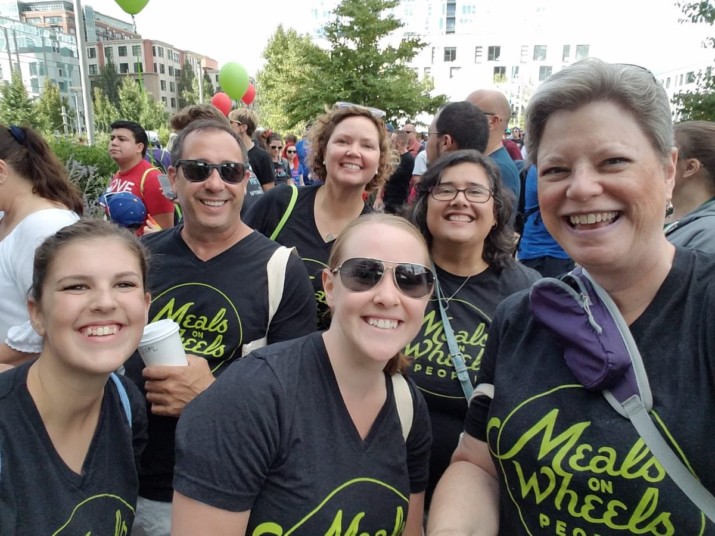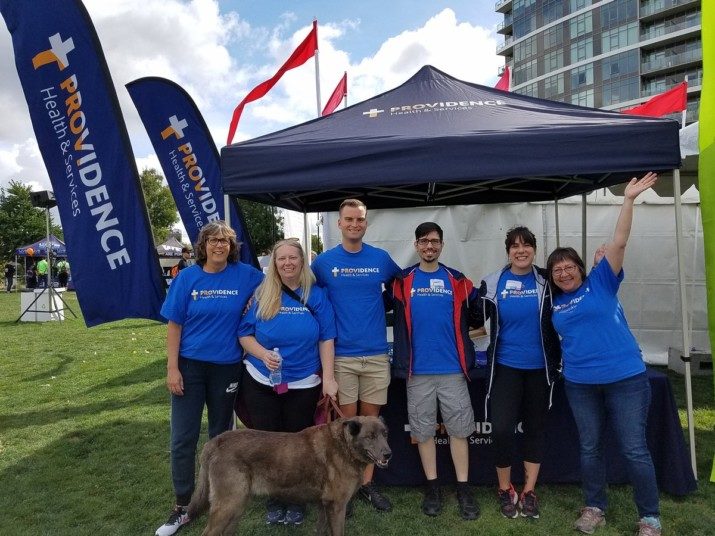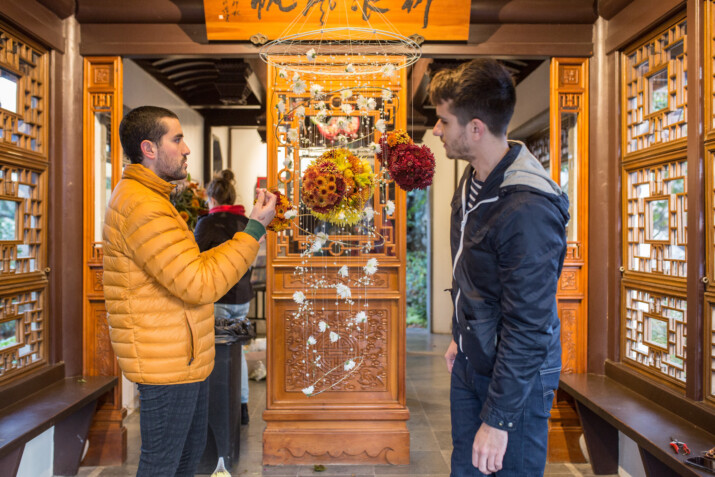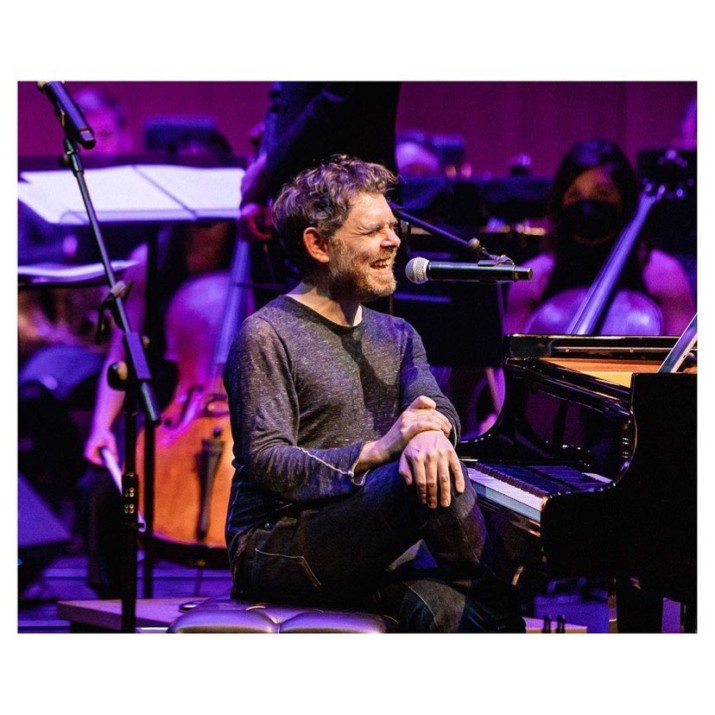Portland, OR. AIDS Walk Portland drew thousands to the Fields Neighborhood Park, in the Pearl District. Meals on Wheels People joined many organizations participating in the September 8th walk. For over 30 years, supporters have walked to celebrate life, reduce HIV stigma, and remember those lost to HIV.
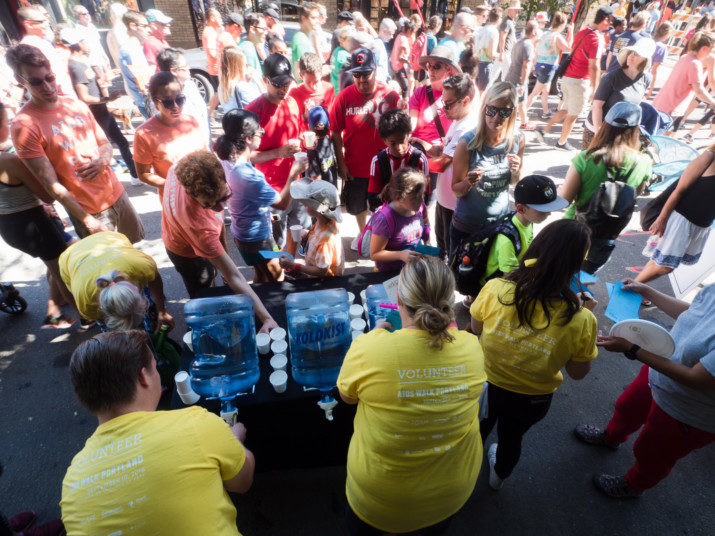
Cascade AIDS Project spearheads the event, it’s one of the largest and most visible AIDS fundraising events in the Pacific Northwest.
The 2.5 mile walk through downtown Portland draws over 3,000 participants each year. Walkers have raised over $350,352 of their $400,000 goal so far this year. You can still donate here.
Here’s a list of the top fundraisers for AIDS Walk Portland 2018:
From Cascade AIDS Project:
CAP’s History: Founded in 1983 and incorporated in 1985, Cascade AIDS Project is the oldest and largest community-based provider of HIV services, housing, education and advocacy in Oregon and Southwest Washington.
Cascade AIDS Project helps people put their lives back together; to secure housing, find essential medical care and deal with the countless issues that make the difference between giving up or getting up and going on. With HIV and AIDS, the huge emotional and financial burden to all affected by it can be staggering. Some people lose their jobs, their housing, their friends and family and any means of support. Imagine what it must be like for someone who suddenly finds they are without the essentials we so often take for granted. Shelter, life skills training, and emotional support; these are what CAP provides.


